Supplement Ingredient Guide: Green Tea Extract
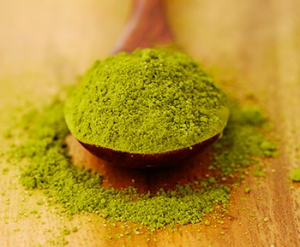
What is it?
Green tea extract is…. well, what it says on the tin!
Indications
Green tea extract is perfect for those looking to aid their weight loss progress.
How much should I take?
You should take a 1.3g capsule anything from 1 to 3 times a day aiming ideally for 2 tablets a day, with meals. Make sure that the potency is no less that 90% to ensure you get the full effects.
Research
A lot of research has been done into green tea extract, and it all shows that it accelerates the fat burning processes within the body. It’s been proposed that it does by either increasing the amount of noradrenalin within the body, or prolonging the effects of noradrenaline on thermogenesis. It does this by inhibiting a key enzyme – catechol O-methyltransferase (COMT) which would normally breakdown it down.
It’s also been shown that it can lower LDL cholesterole levels while increasing that of HDL. This means that when green tea extract increases the metabolic rate, it has no effect ont he heart rate thus making it safe for those with high blood pressure/heart/circulatory disease.
Green tea extracts also demonstrates some anti-oxident properties, ones that make it a strong chemopreventative (reduces the risk of cancer). It does so by inhibiting signalling complexes responsible for tumour cell migration and cell invasion. It’s also been shown to some protection against the cell-DNA damaging effects of Ultra Violet light and therefore may help to reduce the risk of skin cancer.
Side effects
None
References
1- Borchardt, R. T. and Huber, T. A. (1975) Catechol-O-methyl-transferase: structure-activity relationships for inhibition by flavonoids. Journal of Medicinal Chemistry. 18, 120-122.
2- Chantree, P. and Lairon, D. (2002). Recent Findings of green tea extract R25 (Exolise) and its activity for the treatment of obesity. Phytomedicine. 9, 3-8.
3- Dulloo, A. G., Seydoux, J. and Girardier, L. (1996) Tealine and thermogenesis: interactions between polyphenols, caffeine and sympathetic activity. Int J Obes Relat Metab Disord. 20 (suppl): 71 (abstr).
4- Dulloo, A. G., Duret, C., Rohrer, D., Giardier, L., Mensi, N., Fathi, M., Chantre, P. and Vandermander, J. (2000) Efficacy of a green tea extract rich in catechin polyphenols and caffeine in increasing 24-h energy expenditure and fat oxidation in humans. American Journal of Clinical Nutrition. 75, 1232-1234.
5- Katiyarr, S. K., Agarwal, R., Zaim, M. T. and Muhktar, H. (1993) Protection against N-nitrosodiethylamine and benzo[a]pyrene-induced forestomach and lung tumorigenesis in A/J mice by green tea. Carcinogenesis. 14 (5), 849-855.
6- Morley, N., Clifford, T., Salter, L., Campbell, S., Gould, D. and Curnow, A. (2005) The green tea polyphenol (-)-epigallocatechin gallate and green tea can protect human cellular DNA from ultraviolet and visible radiation-induced damage. Photodermatol Photoimmunol Photomed. 21 (1) 15-22.
7- Rodriguez, S. K., Guo, W., Liu, L., Band, M. A., Paulson, E. K. and Meydani, M. (2005) Green tea catechin, epigallocatechin-3-gallate, inhibits vascular endothelial growth factor angiogenic signalling by disrupting the formation of a receptor complex. Int J Cancer. 10.
8- Seely, D., Mills, E. J., Wu, P., Verma, S. and Guyatt, G. H. (2005) The effects of green tea consumption on incidence of breast cancer and recurrence of breast cancer: a systematic review and meta-analysis. Integr Cancer Ther. 4 (2), 144-145.
9- Silvova, V., Zagloga, G., DeMichele, S. J., Mukerji, P., Huang, Y. S., Siddiqui, R., Harvey, K., Valachovicova, T. and Silva, D. (2005) Green tea polyphenols modulate secretion of urokinase plasminogen activator (uPA) and inhibit invasive behaviour of breast cancer cells. Nutr Cancer. 52 (1), 66-73
10- Stagg, G. V. and Millin, D. J. (1975) The nutritional and therapeutic value of tea – a review. J Sci Food Agric. 26, 1439-1459.
 Supplement Judge Unbiased Supplement Reviews – Do they really work??
Supplement Judge Unbiased Supplement Reviews – Do they really work??

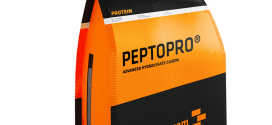
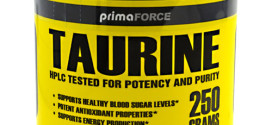
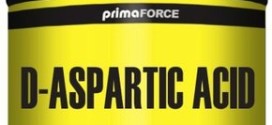
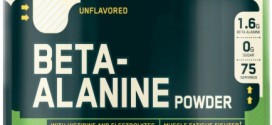
[…] Looking for green tea extract? Check out this great guide on SupplementJudge.com. […]